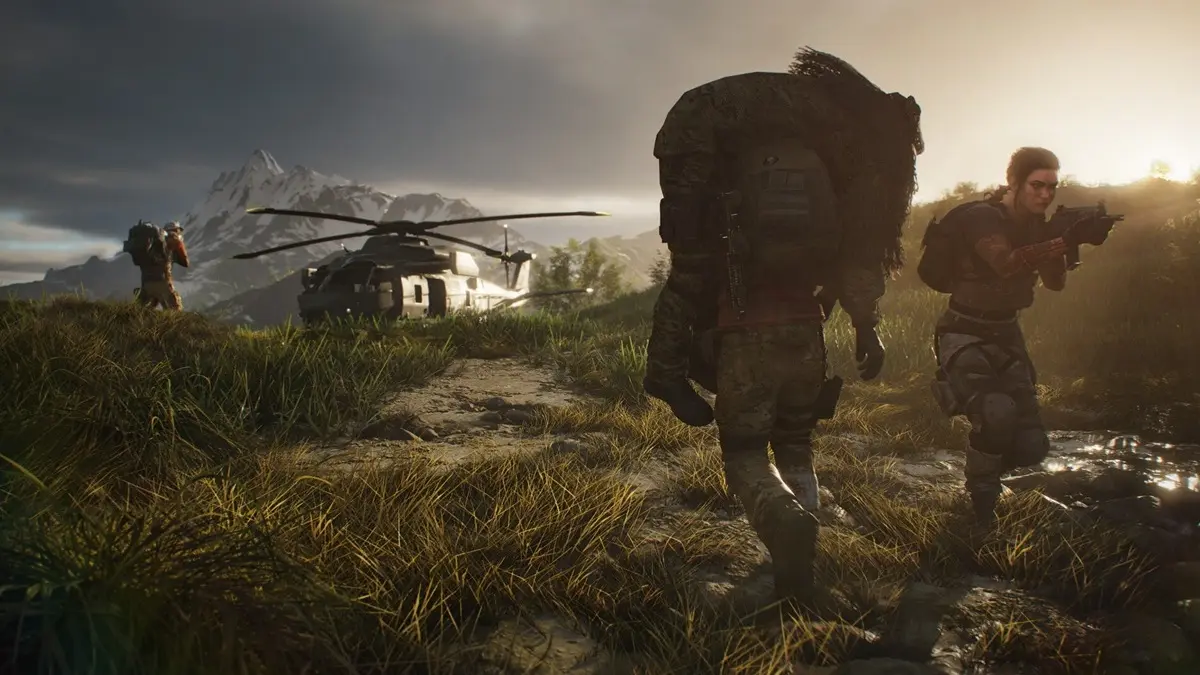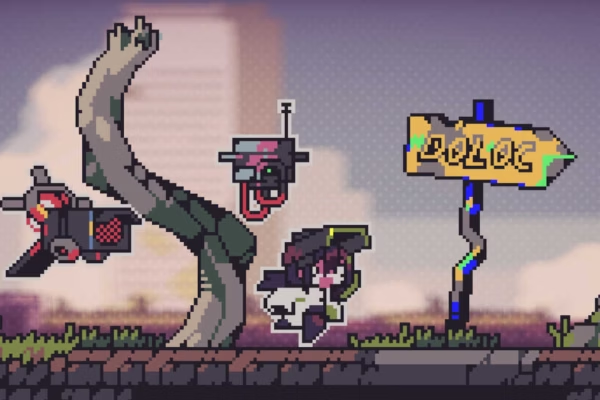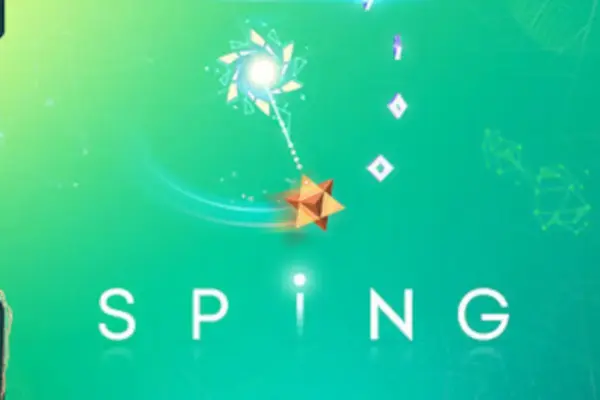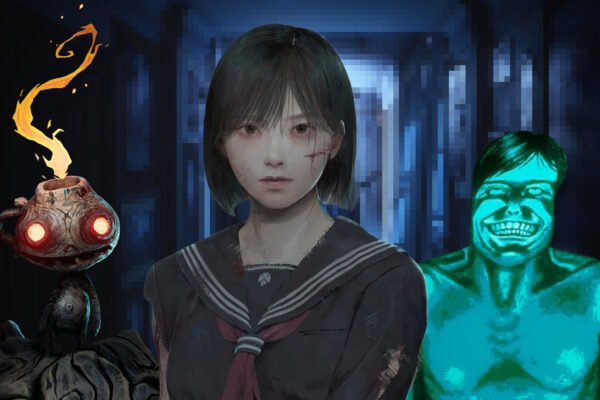Let’s be honest for a bit: if you enjoy video games nowadays, you’re absolutely spoilt for choice. There’s such a ridiculous number of genuinely good, compelling titles coming out almost every week that playing them all has become demonstratively impossible. This hasn’t always been the case though, and over the years I’ve come to appreciate the older, slower, and calmer era of the industry.
Think back to the 2000s if you were actively gaming at the time. What games did you play? Odds are good that the classics are obviously on that list: Diablo 2, The Elder Scrolls MCM: Whatever, Bioshock, Halo, Half-Life 2… the list goes on, and nobody really needs (or wants!) me to wax poetic about the original Modern Warfare‘s multiplayer. In-between the hard-hitting releases, though, and before the indie gaming scene truly took off, what kind of games did you play?
In my case, we’re talking the most objectively mediocre, run-of-the-mill, garden-variety titles you could think of. Your Rainbow Six: Lockdown, your Code of Honor, and your Death to Spies. These games weren’t great. Hell, I’d go a step further and say they weren’t even good in the grand scheme of things, yet I’m sure we all have stories of straight-up enjoying games like these back in the day. What does that tell us in the context of the modern gaming landscape, then? Well, I’ve got some ideas, and they largely have to do with how bloody angry people are over video games nowadays.
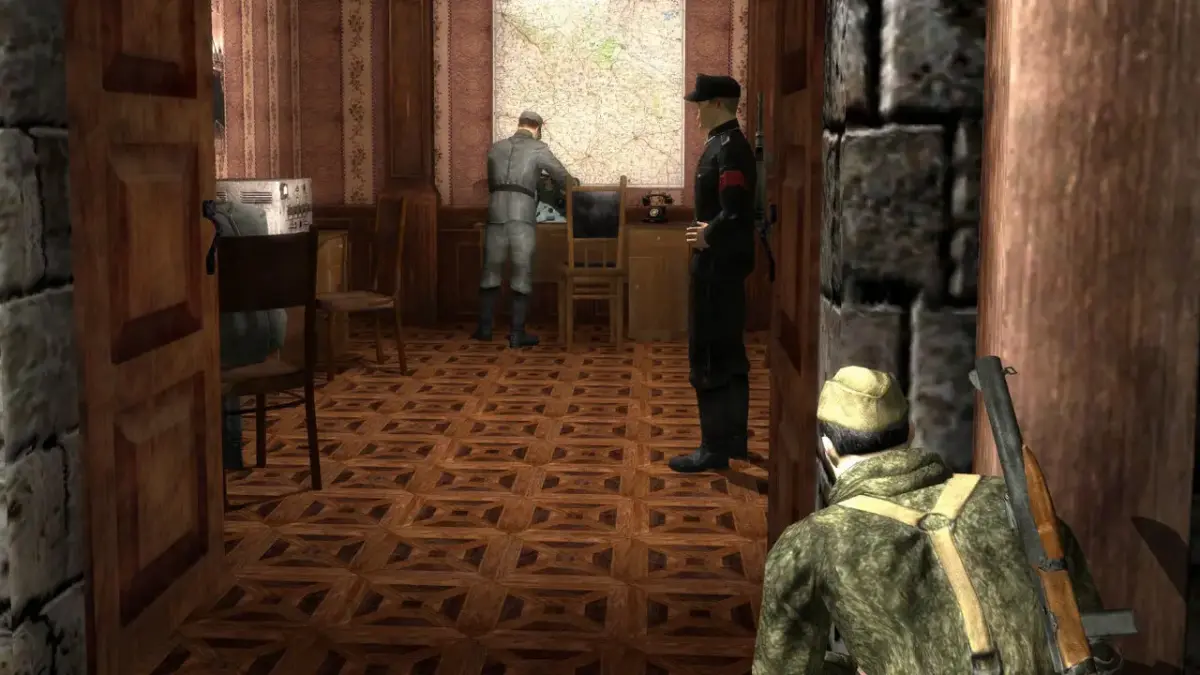
If something isn’t the best thing ever, that doesn’t mean it’s suddenly the worst thing ever
From the medium’s earliest proper push into the capitalist context, we’ve been comparing video games to one another. Just take a look at how each subsequent iteration of Civilization has been referenced, for example. Some folks still much prefer Civilization 4 — myself included — over any of the later releases. Now, the latest Civilization 7 is an awful piece of software that fails to capture any of the classic Civ‘s magic, but that’s a separate issue. From Civilization 3 through Civilization 6, however, each of these games has something special and interesting going for it that it does better than any other, at the cost of doing away with something else along the way.
Comparison isn’t the thief of joy in this respect I’d say. Not directly, at least, because there’s no way a franchise fan won’t compare their favorite title with everything that came before and, indeed, after. Or with other entries in the genre and niche, for that matter. We compare because that’s how we assess the pros and cons of a given thing, and that’s a-ok.
What’s not okay is to argue that a game that tries its earnest to deliver… something… is “slop”. This is a word that I’ve come to genuinely hate as it not only serves as a shutdown for proper video game discussion, but also because it makes it impossible to properly talk about a game’s shortcomings. I dislike using the term “brain-rot” to describe anything, really, but good grief is the accusation that a game is “slop” not a proper example of it.
Obviously, there’s no denying the fact that the gaming media’s review paradigm has been fairly… uh, creative over the years. The majority of mainstream publications could be argued to have inflated their review scores to some degree. At the same time, the frankly ridiculous levels of toxicity present in modern gaming discourse don’t need any more fuel for the fires to keep burning. Sometimes, a game gets flamed for having a very low review score. Other times, the same thing happens with a high review score. The discourse is broken, frankly, and I get the sense that every game needs to be the best thing ever in some way nowadays.
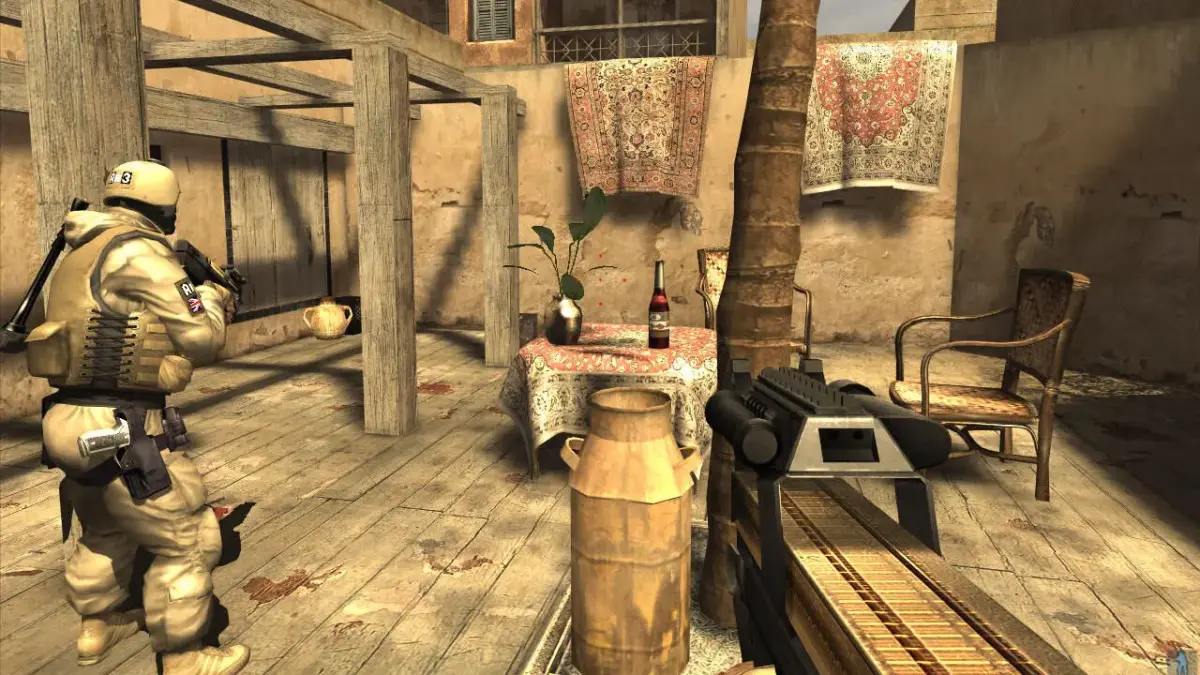
Even though it’s more-or-less the worst of mainline Rainbow Six games, I spent an awful amount of time enjoying (yes, enjoying) Rainbow Six Lockdown specifically. It’s not got great gunplay, there’s no advanced tactical mechanics in place, and it’s rather clinical in its presentation. You could make a genuine argument that it’s the worst of all R6 titles, too. At the same time, I played through the bloody thing at least thrice in middle school! It’s a pretty big part of my childhood, and I’ve no doubt that it helped shape my gaming preferences in some way.
There’s no modern Rainbow Six game I could easily compare Lockdown to, sadly. Ubisoft has gone all-in on Siege because of money, of course, and so we’ve not had a proper single-player tactical R6 shooter since 2008. Unbelieveable, right? Instead, the closest comparison would be the recent Ghost Recon games, Wildlands and Breakpoint, which are both rather mediocre in some ways. They’re far superior to whatever the heck was going on with Lockdown in most ways, however, and have a captive audience of modders even today.
What I’m getting at is that even the games we consider fairly average and meh nowadays are pretty darn good. No, Ghost Recon Breakpoint isn’t going to change the way you think about tactical shooters, but it sure as hell is fun most of the time, and sometimes that’s all you need. The discourse surrounding it back in the day was absolutely horrid however, and I wouldn’t blame you for thinking a Ubisoft executive might come over to kick you in the shin for even attempting to play.
When did we lose our temper for mediocre games, exactly? When publishers started asking $70 a pop, perhaps? Or was it when the average AA/AAA development cycle started taking 4-5 years at a minimum? I think the answer is somewhere in the middle, combined with the broader enshittification of communication on the Internet. It’s not great.
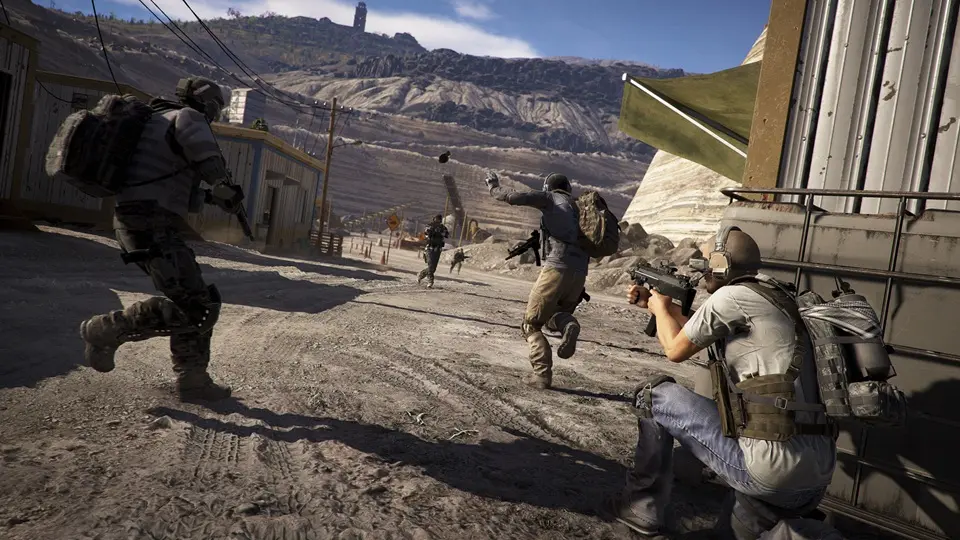
Logic dictates that most games are average, even when so many of them are so good
I like 6/10 games, honestly. Obviously I’m going to play the super-star blockbusters like Baldur’s Gate 3 and whatever else, but those games are as emblematic as they specifically because they stand out. Most games, by definition, are average in comparison, and I believe the entire gaming community would profit from having more patience and understanding for projects that don’t strive for universal greatness and appeal.
That’s enough from me, though. If there’s one takeaway I recommend mulling on after reading this diatribe it’s this: it’s perfectly okay for a game to be average, because being average doesn’t mean being bad. There’s a marked difference between a genuinely bad, soulless game (or general media, for that matter) and one that’s just okay at best. Further, it’s perfectly fine to enjoy games that aren’t genre-defining or mind-blowing.
Besides, the true cream of the crop can only float upwards when there’s an actual crop to parse through. Without the average Ubisoft open-world collect-a-thons, and the frankly immense number of forgettable indies and AA releases, there’s no baseline for truly compelling titles to shine against. So, I genuinely believe the “slop” discourse, if you can call it that, is doing the industry a massive disservice. But you knew that already, didn’t you?
